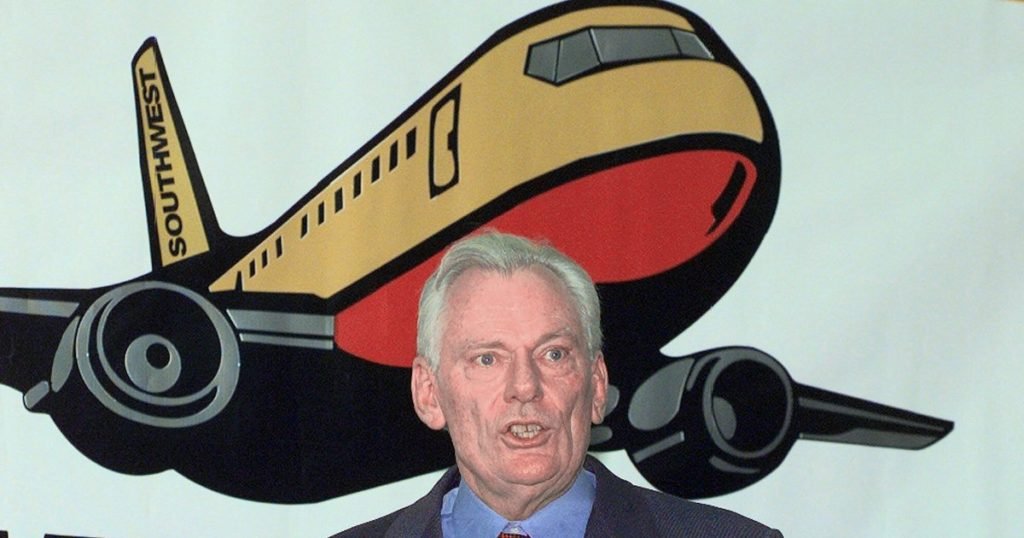Southwest CEO Says Mechanics Deserve New Contract
CHICAGO (Reuters) - Southwest Airlines Co's mechanics, who have been in labor contract talks for more than six years, deserve a new deal that makes them among the best paid in the airline industry, but…


